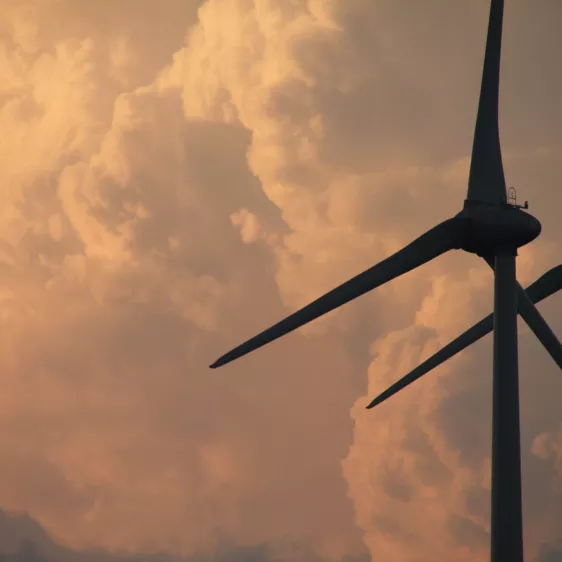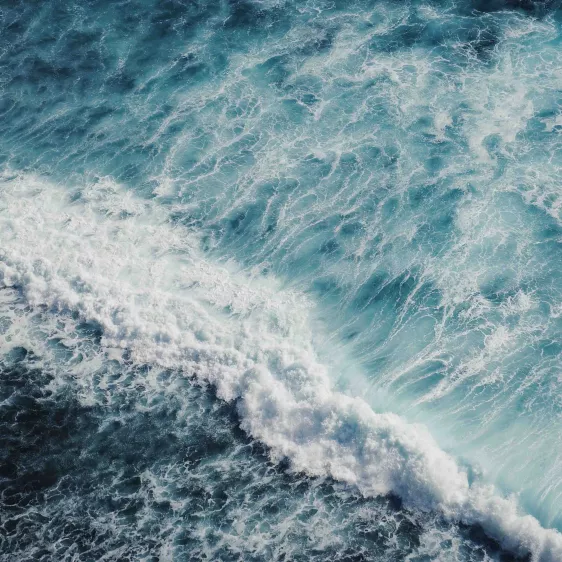Responsible Consumption and Production
EDPR promotes a culture of rational use of resources, which strengthens its commitment to the United Nation’s SDG 12: ensure sustainable consumption and production patterns. According to UN, sustainable consumption and production aims at “doing more and better with less” by reducing resource use, degradation and pollution along the whole lifecycle, while increasing quality of life.


EDPR promotes the efficient use of natural resources throughout the value chain, in particular by minimizing the use of resources, by optimizing and efficiently managing internal products and services, promoting a circular economy, and by maximizing the recovery of waste and its reintroduction into the economy as by-products.
Besides, generation from wind and solar energy does not consume water in its operational processes.
Wastes
The wastes generated by EDPR are not directly linked to the generation process. Most of them are related to turbines’ operation & maintenance process and the rest are wastes originated in facilities and offices. Most of the hazardous waste produced by wind farms is related to oil and oil-related wastes such as oil filters or oil containers, used mainly for lubrication of the turbines. Non-hazardous wastes generated by the company include metals, plastics, paper or domestic garbage which is recycled in their vast majority. The company promotes the recovery of waste rather than disposal through recycling and other means. Annual fluctuations in hazardous waste generated are heavily dependent on the pluri-annual oil replacement programs above mentioned.

Water
Water is a precondition for life, an indispensable resource for the economy, and it plays a fundamental role for the climate. Given the fact that water scarcity is pressing and will be exacerbated by climate change and population growth in the near future, it is vital to preserve water resources. Wind energy uses virtually no water. Replacing thermal and nuclear power stations with wind energy is therefore a key step in the fight to conserve and protect water resource and hedge against future power shortages due to water-dependent electricity production.

*Excluding waste caused by non-recurrent events.